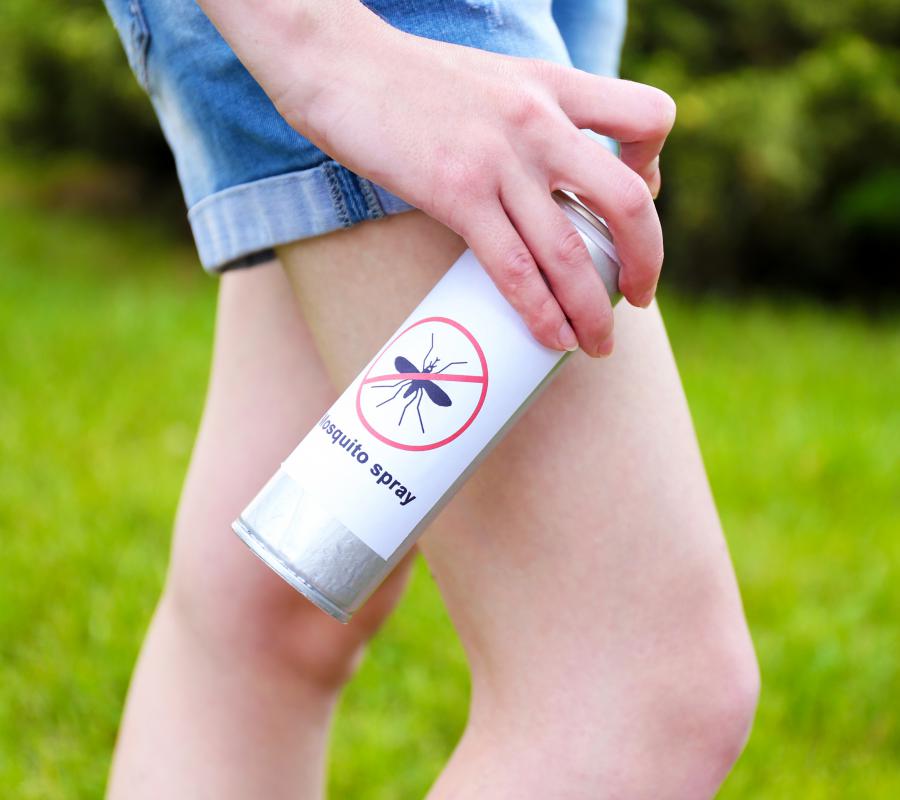At TheHealthBoard, we're committed to delivering accurate, trustworthy information. Our expert-authored content is rigorously fact-checked and sourced from credible authorities. Discover how we uphold the highest standards in providing you with reliable knowledge.
What is Plasmodium Vivax?
Plasmodium vivax is a protozoal parasite transmitted to humans through the bite of infected mosquitoes, and is the cause of one of the most common forms of malaria. Even though it is not one of the most dangerous forms, it affects many people annually, and can be somewhat resistant to drugs typically used to treat malaria. Once contracted, it can remain in the liver for years if left untreated with the appropriate medications. Given that the condition often occurs in poorer parts of the world, these medications aren’t always available, and some people continue to suffer from the effects of plasmodium vivax for years. These infections take their toll on poor countries in other ways because many hospitalizations are due to initial symptoms of malaria, which is costly.
The areas where people can contract plasmodium vivax include Asia, the Middle East, islands like Australia, New Guinea, and others (Oceania), Central and South America, and in limited parts of Africa. There are occasional reported cases of p. vivax malaria elsewhere, like in North America, but the bulk of cases occur in the above mentioned areas. People traveling to locations known for a heavy burden of plasmodium vivax or other malarial infections should seek physician advice.

When people are first affected by plasmodium vivax, they frequently show symptoms of high fever, chills, fatigue and profuse sweating. These symptoms often last for a period of about two to three days, but may be complicated if a person has additional illnesses. Other symptoms like vomiting, muscle aches, dizziness or a fever that comes and goes occur in some individuals. After this primary infection, the disease can go dormant, but the symptoms may return regularly and other conditions like jaundice can develop because plasmodium vivax establishes itself in the liver

In most cases, people might have recurrence of the disease without treatment, but don’t develop life-threatening complications. Others may have a complicated illness and conditions like liver failure. The five different types of malaria can be diagnosed with small blood samples, which can help identify the causal parasite and determine the most effective treatment.

The normal treatment for plasmodium vivax is administration of a 14-day course of the drugs chloroquine and primaquine. In areas where P. vivax is profuse, strains of the parasite are resistant to chloroquine and other drugs are used instead. With this treatment, the disease may be completely cured whether it is in early or later stages. Further blood tests check for additional presence of the parasite, but once it is no longer in evidence after a treatment course, the disease is considered fully cured, though some people become reinfected.

There is no vaccine for plasmodium vivax, though people traveling to areas with high malaria incidence may prophylactically use chloroquine. Countries also promote prevention with mosquito abatement programs, and these can help reduce disease contraction risk. Still, many physicians advocate for swifter work on developing vaccines for all forms of malaria.
AS FEATURED ON:
AS FEATURED ON:















Discuss this Article
Post your comments